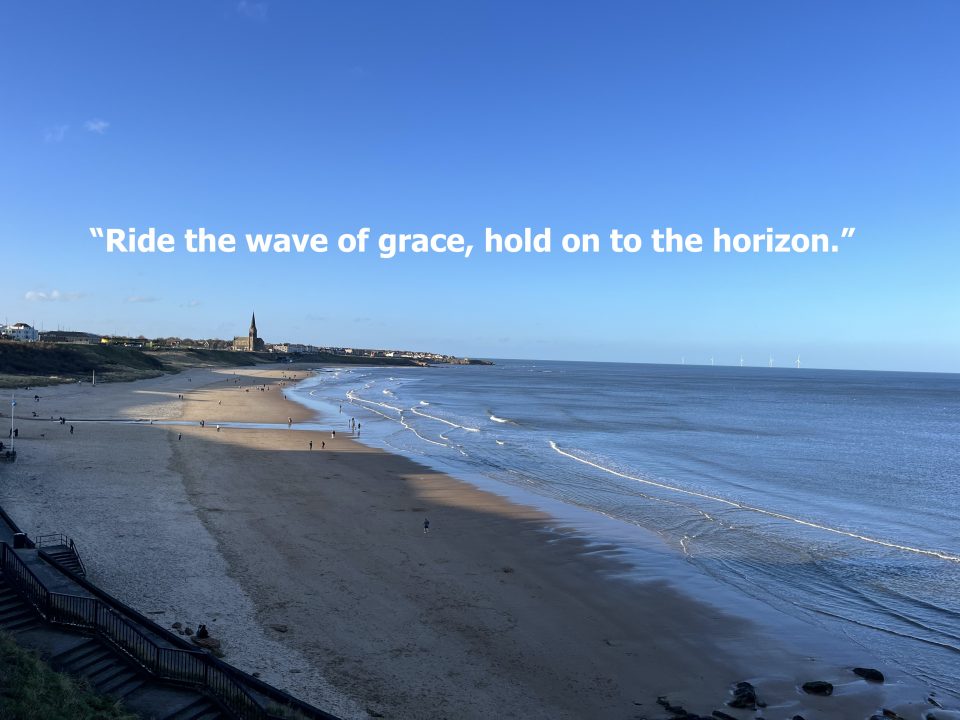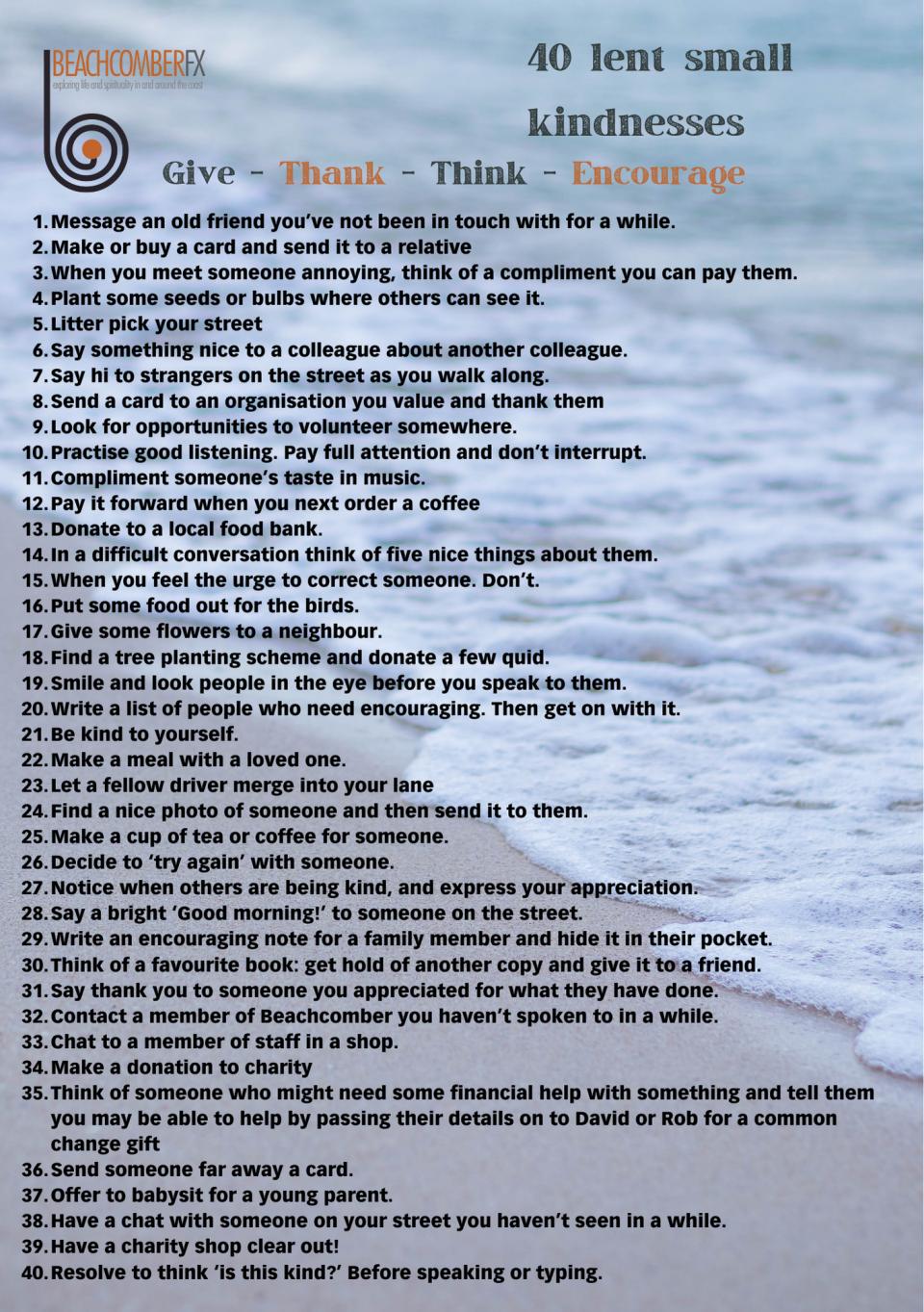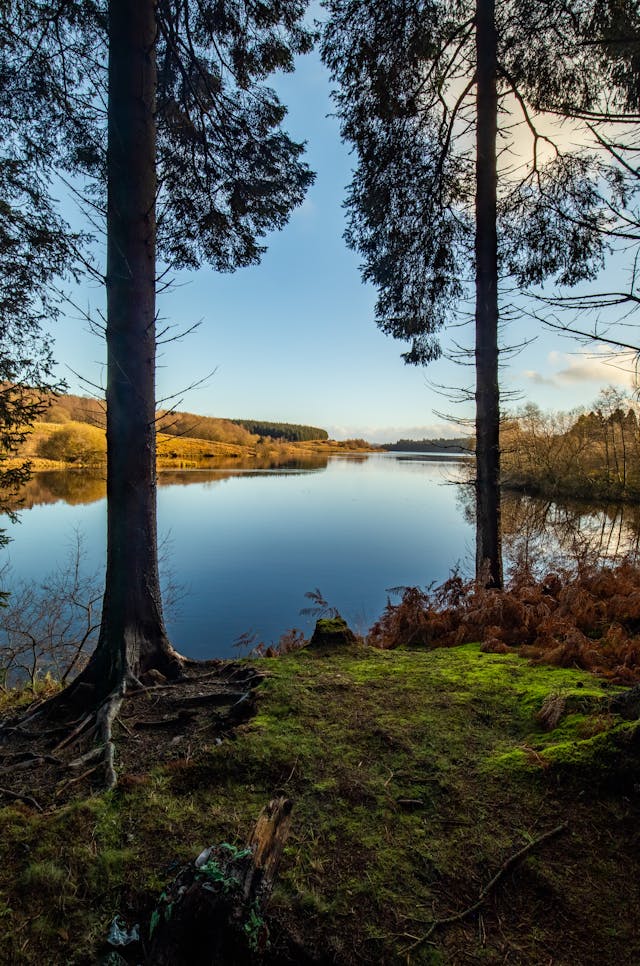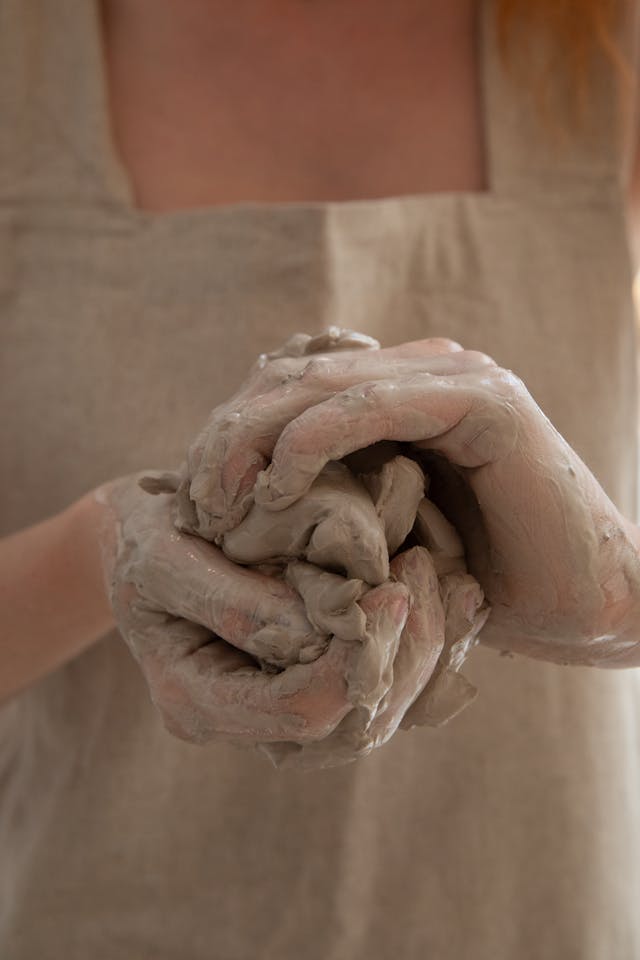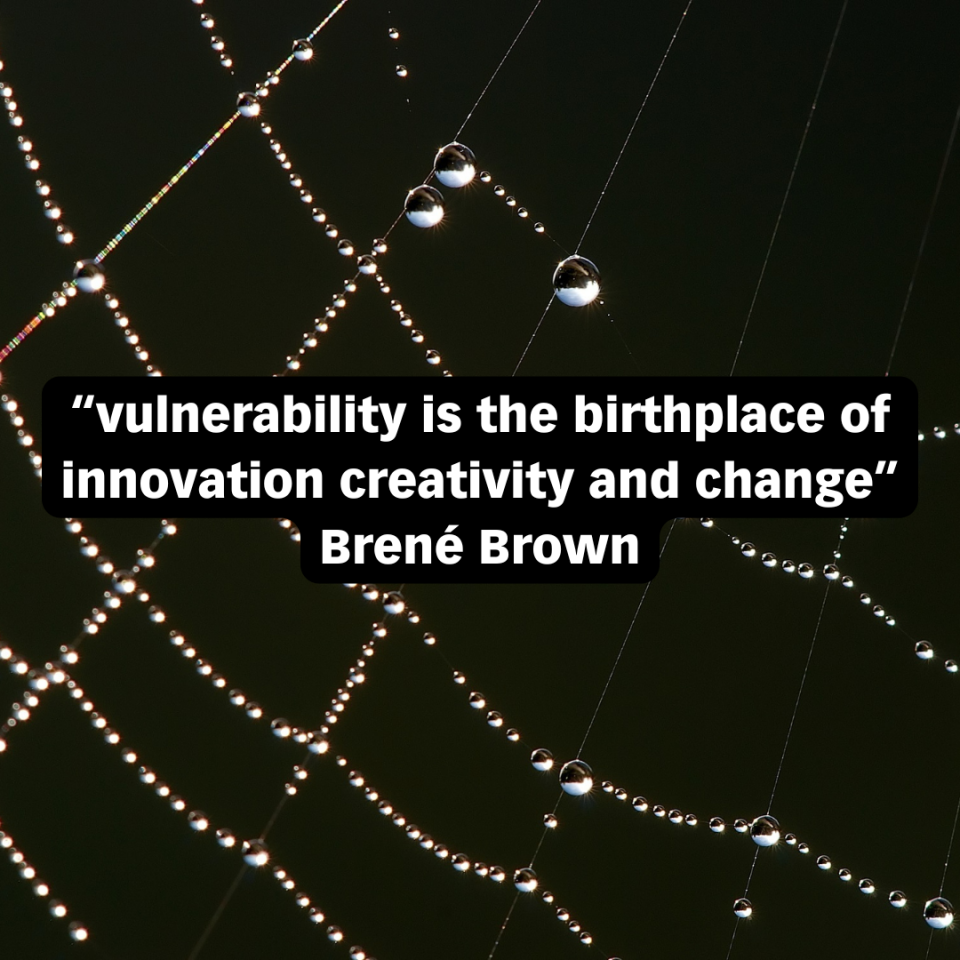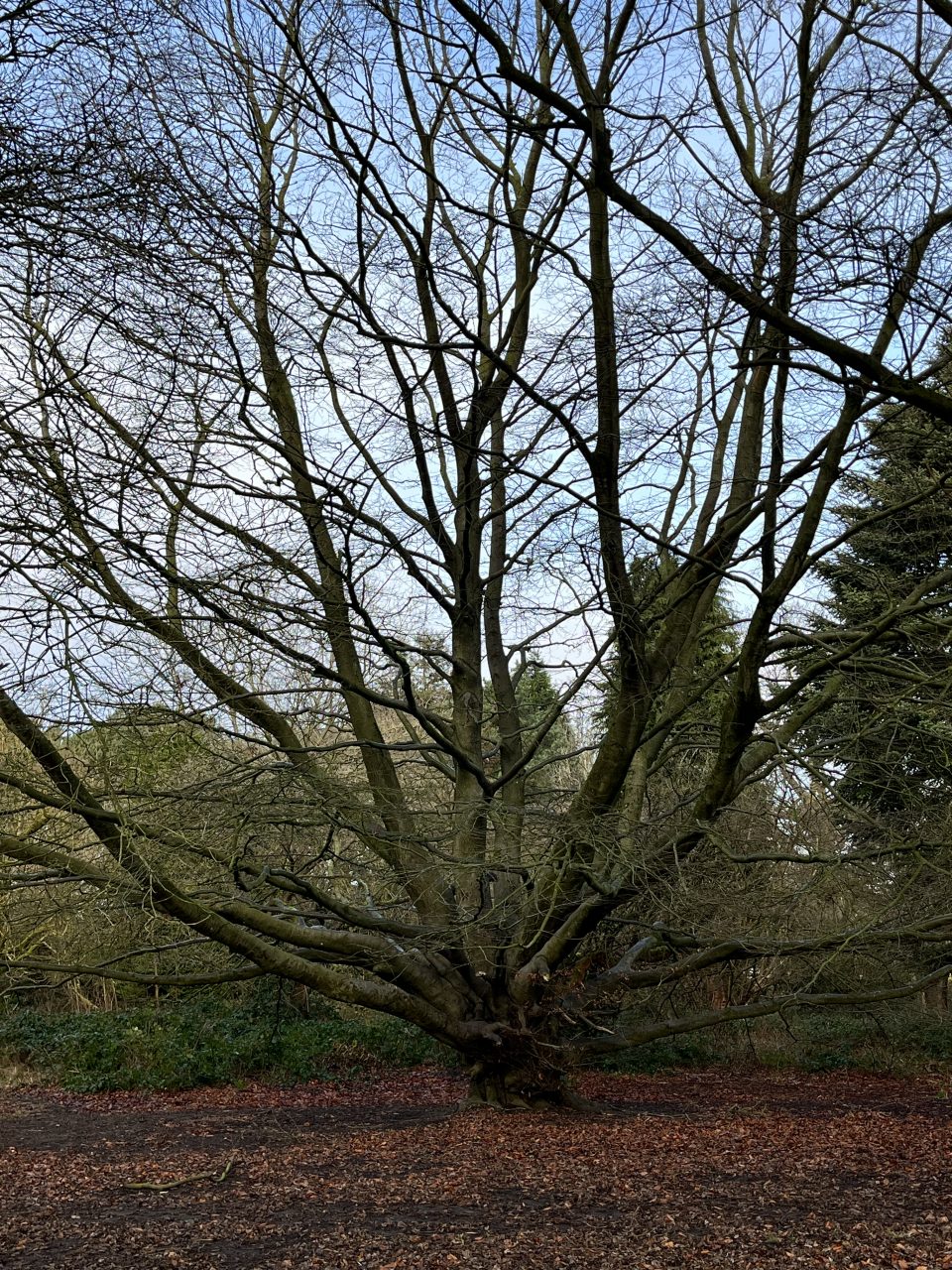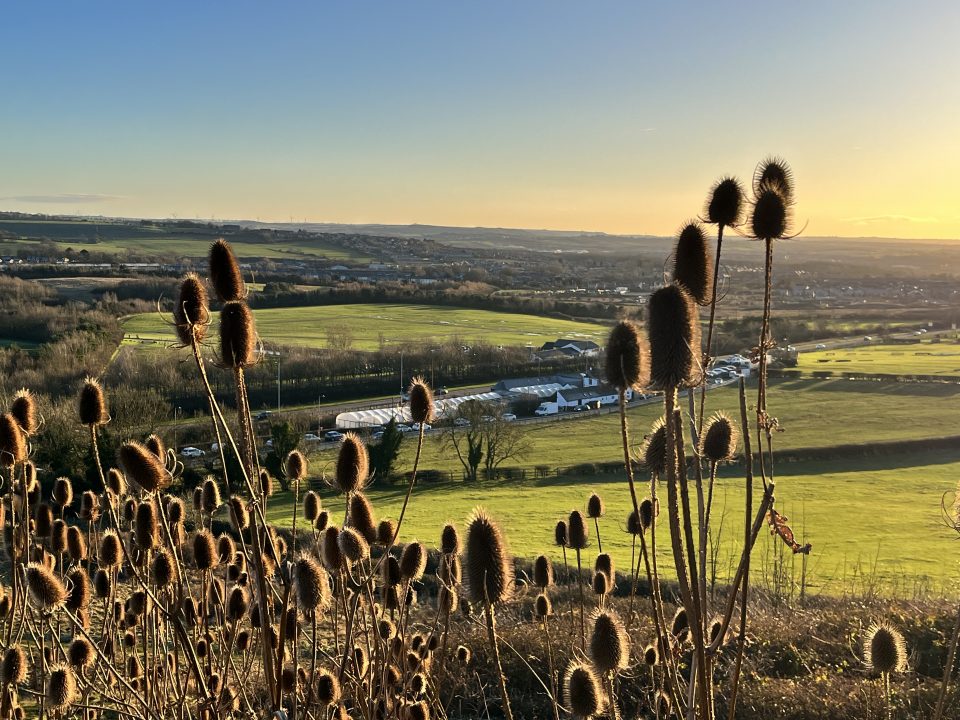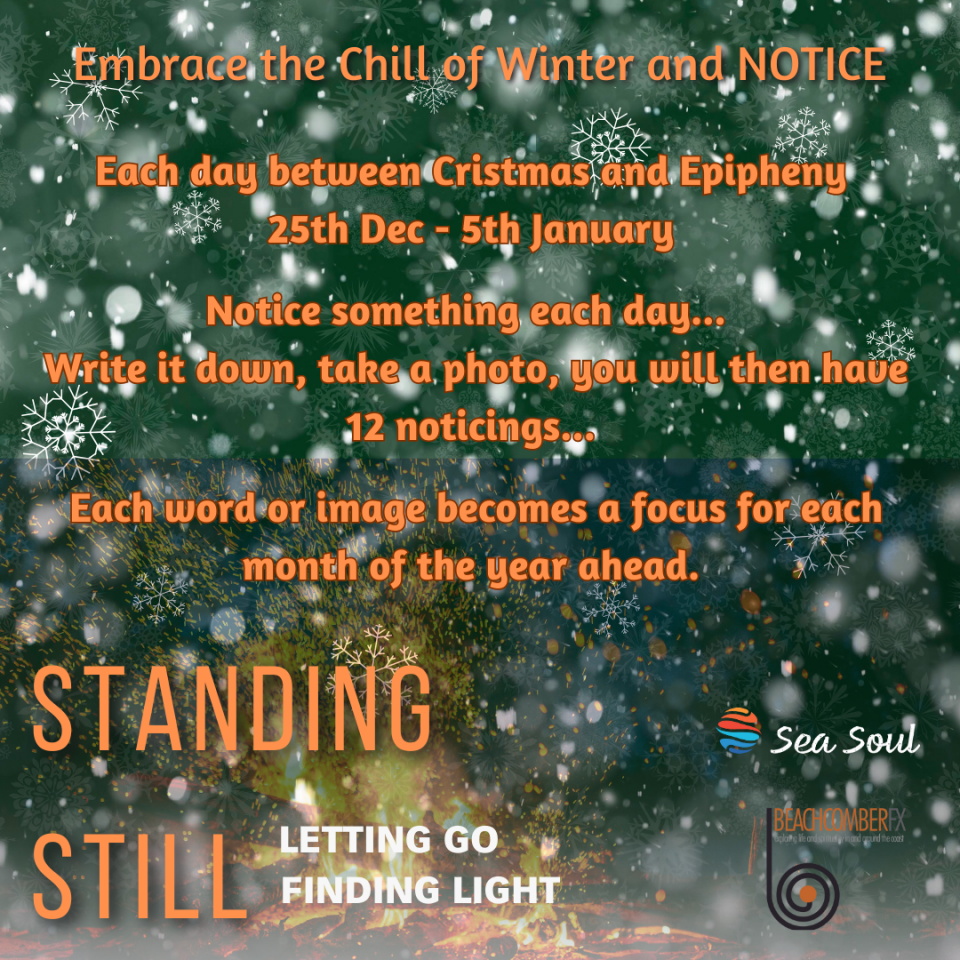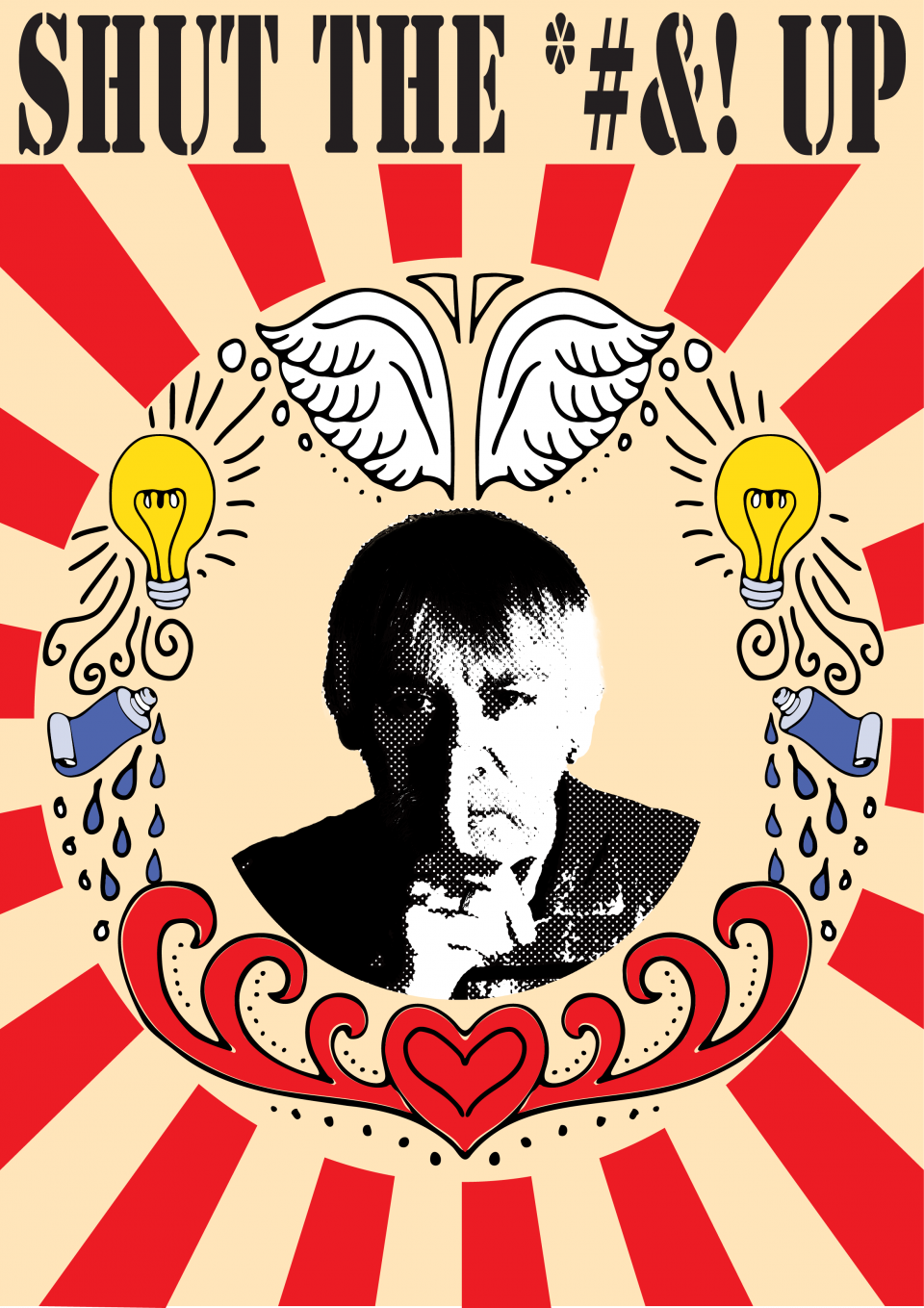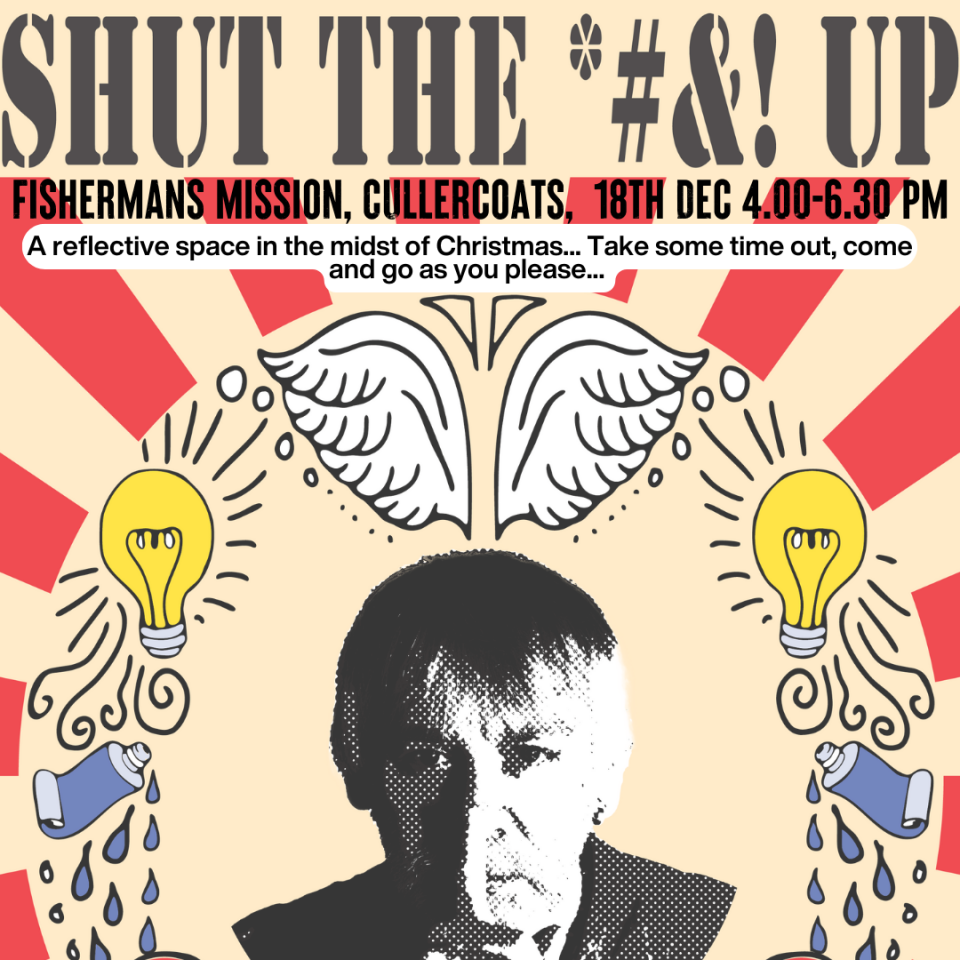Hi folks, I trust you are doing ok? This week we have another of our Q gatherings, meeting to chat over questions that make us laugh and ponder… meeting at 7.30 at the Tavern and Galley. This Thursday 27th March we have our Spring Tides event with Sea Soul at 5.30pm meeting on Longsands Beach by the outdoor pool. Step …
Kielder forest meditation
Flashback to last February’s forest walk: We walked through Briarbanks Wood, an ancient area of mixed deciduous woodland. Remember the wood wide web- the network of roots and fungi used by the trees to communicate with each other, share information and move nutrient around? The trees formed a community, who not only lived together but shared things together and supported each …
An Invitation to be Part of the Creation Conversation
William P Brown, in his book The Seven Pillars of Creation, notes that there are at least seven creation narratives in the Hebrew Bible (the Old Testament). If you asked most people how many creation narratives existed in the bible they would say one. Some who have read into Genesis 2 would tell you that there are maybe two. …
Vulnerability.
First of all, here is the program for the next few months. “Connection is the energy that exists between people when they feel seen, heard, and valued” When the leadership team met on 3rd January we started with an extended ‘check in’. We all shared how we were doing and our thoughts about Beachcomber. It took about an hour to get …
BFX journey into nature and connection
Hi folks, I trust you are into the New Year with a swing in your step… or you may just be about hanging on… however you feel right now, be gentle with yourselves. We are looking to rethink some aspects of the work we do through Beachcomber and Sunday@the pub, we haven’t mixed things up for a while now and …
Happy New Year!
Hi folks… Happy New Year! We hope that your Christmas and New Year were enjoyable and that you found some time to connect with those whom you love and to find some space for yourselves however you celebrated. This Sunday we will be meeting at the Tavern & Galley in Whitley Bay at 7.30. This will be a chance to …
It Came upon a Midnite Clear: Advent 4
Hi folks, We are not meeting on Sunday night this week, we are putting our energy into our Standing Still event on the beach at Cullercoats Bay on Saturday afternoon… if you are able to come along it promises to be a good afternoon, if a bit windy!! See the flier! So we won’t be back until the New Year, …
It Came Upon a Midnight Clear: Advent 3
Hi folks, this week its BEER and CAROLS!! 7.30 at Platform 2 on Tynemouth Station… We really hope you can join us, it will be a fabb fun evening. This weeks blog is written for us by John Cooper. ———- Yet with the woes of sin and strife The world has suffered long; Beneath the heav’nly hymn have rolled Two …
Shut the %&*# Up!
If you are free on the 18th December why not come along and drop in for some advent peace in the midst of the craziness of Christmas preparations. We will be offering various reflective activities and a space to just be. Rob WylieRob Wylie is the founder of BeachcomberFX and guides its leadership team. He has worked in the North …
